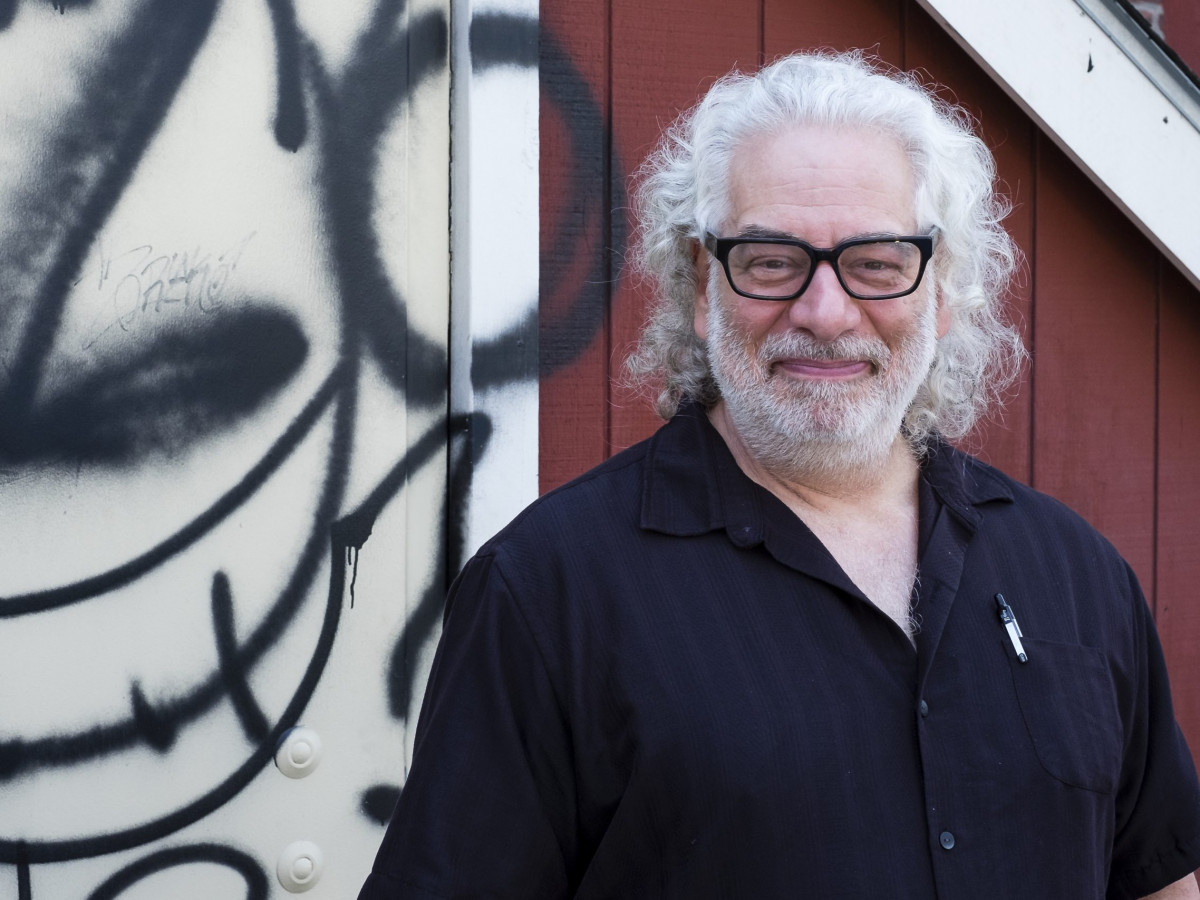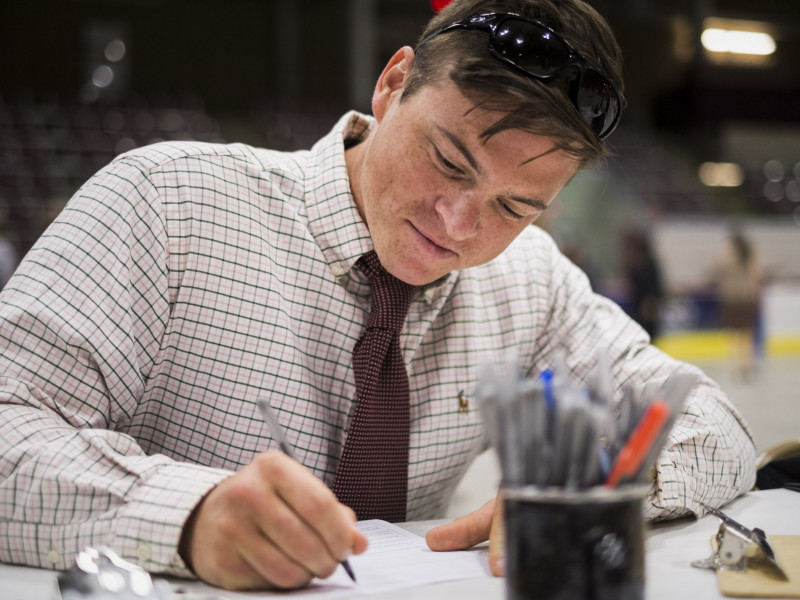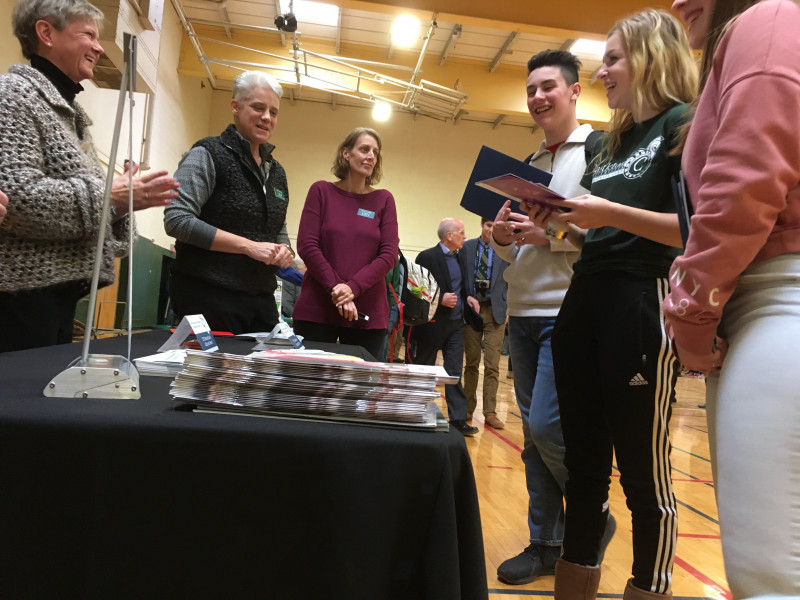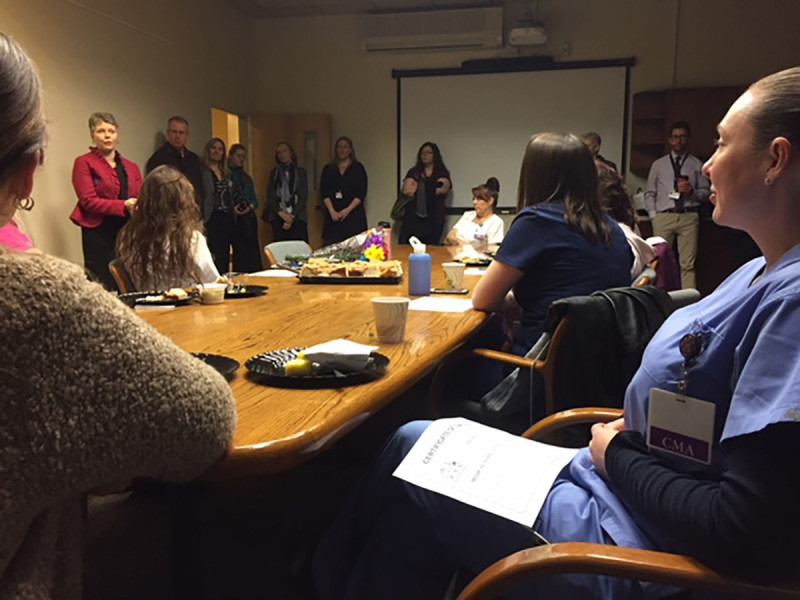
CCV is proud to honor outstanding faculty members each fall with the annual Teaching Excellence Awards. Faculty are nominated by students and final selections are made by CCV’s Academic Council, which includes faculty, staff, and a student representative. The 2020 Teaching Excellence Award recipients are Christianna Morley, Wendy Halley, and Bruce Baskind.
An Ecology of Learning
Christianna Morley was a high school science teacher for more than a dozen years before she started teaching at CCV-Upper Valley. When she decided it was time to move on from the public school, CCV was an obvious next step. “I’ve always been a big champion of community colleges in general,” she said. And her time at CCV has been overwhelmingly positive. “I’m very student-centric. I’ve had a lot of wonderful administrative support. The community overall creates an ecology of learning and caring about what we do.”
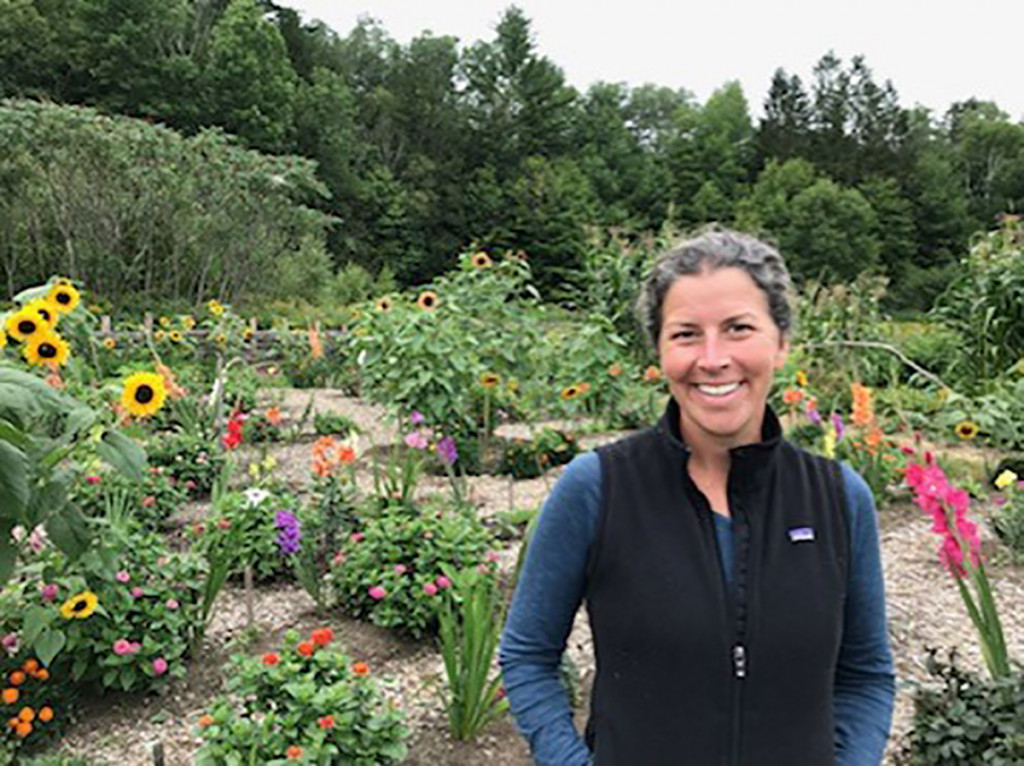
She joined the CCV faculty in 2015, and has been teaching a wide range of classes, including Wellness for Life, Anatomy & Physiology, and Human Biology. “One of the things I really try to foster in my classes is a sense of community and teamwork.” When her classes moved online this spring due to Covid-19, “it was sad to be shaken from that sense of community.” But her students were adept at accessing Canvas and utilizing online resources, and she worked to maintain a sense of intimacy and community within a remote setting.
Whether her classes are meeting in person or online, she says her primary focus is always on students. “I enjoy very much that human connection with my students.” In a nomination for the Teaching Excellence Award, one student shared that Christianna “clearly wants her students to succeed.”
“[She] goes above and beyond to make sure her students understand the material,” the student wrote. “She not only utilizes a range of teaching techniques to accommodate various learning styles (lecture, engaging labs, power points, worksheets, jeopardy, a coloring book, etc.) she also stays an extra 45 minutes after class so students can ask her questions…I really appreciate her wonder and drive as a lifelong learner, and I hope that I can maintain the same curiosity as I continue on in life.”
That appreciation goes both ways. “I have a lot of admiration for my students, many of whom are working full-time, parenting, trying to improve their own lives,” Christianna said. “The grit and determination that so many students have, the obstacles they’ve had to overcome, is really admirable. I feel that that kind of grace in the face of adversity, and the ability to juggle things, is not always easy. My students buckle down and work hard. To do it successfully is really admirable.”
“I’m humbled by being honored in this way,” Christianna said of her award. “I really love what I do, and hopefully it shows.”
Exploring Inner Worlds
Wendy Halley went into the U.S. Air Force when she was 18 years old. She had an idea that she wanted to go to college someday, and she had an idea that joining the military would help her get there. But her Air Force training was somewhat traumatic. “We played war games,” she said. “I had to wear a full chemical warfare suit. That freaked me the hell out.” She was sent for a series of evaluations, one of which was with an Air Force psychologist. As they were talking, she said, “I was really interested in what he was doing. That seed was planted.”
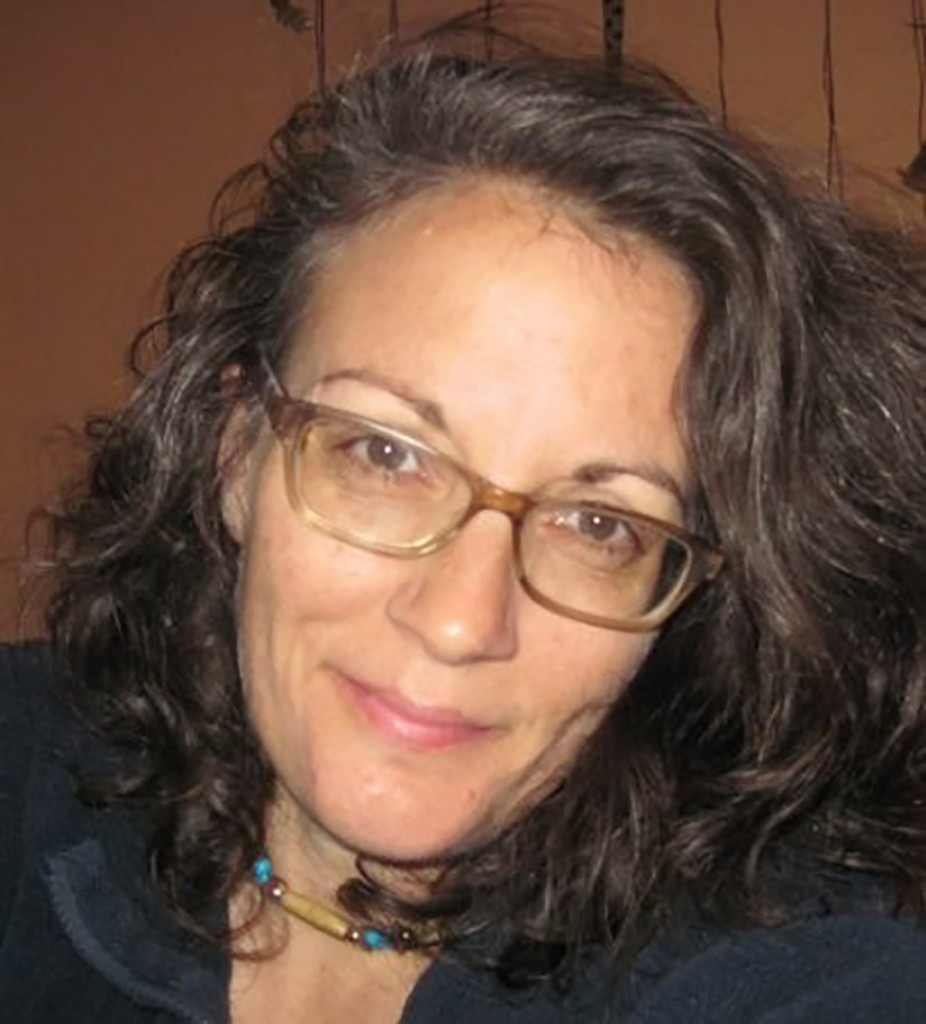
Wendy eventually attended graduate school for clinical psychology. After living in multiple states, she moved to Vermont in 2004 and began teaching Intro to Psychology at CCV-Montpelier the next year. She now teaches many different courses, including World Mythology, Science & Spirituality, and The Vampire in Literature, Culture, and Film.
She says she loves the flexibility of teaching at CCV, not just because it allows her to teach in conjunction with other work—she also owns a wellness center in Montpelier and works part-time for Vermont’s Employee Assistance Program—but because she feels she can “teach in a style that makes sense to me, and therefore hopefully enables me to connect with students.”
That style is creative and eclectic. “I’m heavy in experiential,” she says. “I want students to walk away not just with having listened, but having an experience that hopefully has an impact.” She incorporates activities like passive hypnosis, alternative healing methods, and a visionary meditation practice, “so that [students] can explore their inner worlds and learn more about themselves that way.”
“One of the skills/strategies that Wendy used to make the class fresh and relevant was sharing her own experience,” shared one of her students. “One of the assignments was to write our own hero/heroine’s journey. Since we were doing that assignment, she shared hers as well. It was an amazing story and definitely stuck with me…When we were learning about Hawaiian Mythology, she shared her experience of going to a training with a Hawaiian elder and learning from him. Her stories did an amazing job of making the content relatable and real.”
Wendy has also learned a lot from her students, over the years, about how to teach in classrooms as diverse as CCV’s. “They’ve taught me the importance of being flexible in my teaching style so I am able to attempt to connect with every type of learning style that shows up in the classroom.”
“I’ve just crazy enjoyed teaching,” she said. “I love teaching at CCV.”
The Perfect Time to Peer In
“I want them to be great citizens,” Bruce Baskind says of his students. “I want them to be critical citizens, thoughtful citizens, understand their obligation to society.”
Bruce spent 30 years teaching at Brooklyn Tech High School in New York City before moving to Vermont with his family in 2011. Teaching at CCV was a big change. “It’s taken a while,” he said. “None of this has really been very easy. It’s all very difficult, it’s not automatic. It definitely took some time. But now I have so much fun.”
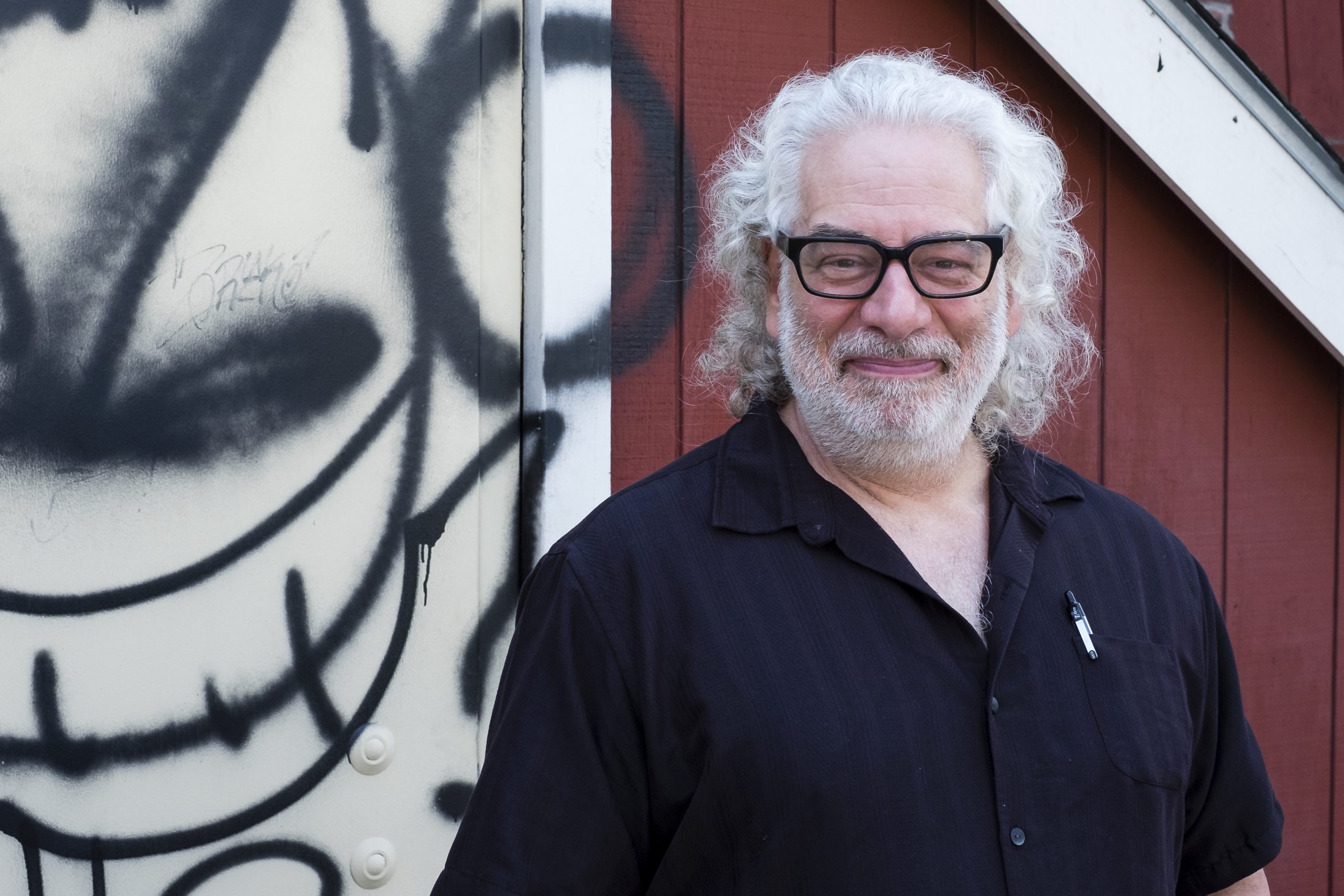
His CCV courses include American Government and Politics, Ethnicity and Diversity in the U.S., Global Social Problems, and Dimensions of Self & Society. Two years ago, he returned to Brooklyn Tech High School with a CCV Study Abroad trip to New York City, which was the culmination of the Ethnicity and Diversity class he taught that year.
“It was electric,” he said of the visit, where CCV students had a chance to meet with Brooklyn Tech’s Black Student Union. “It was a very very special encounter.”
“They just explained about what it’s like to be a Black kid in a highly policed city. They told about their lives. The CCV students came away feeling guilty about white privilege. It just really really hit them…I could not give CCV students a better education on the subject,” he said.
He says the country’s current social and political climate will have a powerful impact on his teaching this fall. In his Government and Politics class, they’ll be studying the election; in his words, “let’s watch this thing happen and analyze it as it does.”
And as a social scientist, Bruce isn’t shying away from the difficulties of this historic moment in our country and in our world. “When things are good, it covers up reality.” He shared the story of the ancient Greek physician Galen, who encouraged his students to study anatomy through dissections, despite their being prohibited at the time. “That’s kind of like what I do: we have a society that’s hurting. There are wounds all over the place. It’s the perfect time to peer in.”
Indeed, one student who nominated Bruce for this award wrote of their appreciation for his inquisitive, and inclusive, spirit. “He made sure everyone had a voice, instilling a sense of acceptance and comfortability to share our ideas and thoughts, as well as making the curriculum interesting and engaging. He almost always made himself available after class to get deeper into questions that students have, and encouraged them to think beyond the status quo…He is the kind of teacher who students come back to see, years later, to tell of their successes. They all believe it to be, in part, because of Bruce. I know I will.”
For his part, Bruce says humility helps him connect with students and be a better teacher. “I think it’s helpful for them to see me as someone who’s changing and learning. I’ve been able to open myself up as someone who’s decidedly not in the ‘perfect’ category. I’m up there learning along with them.”

